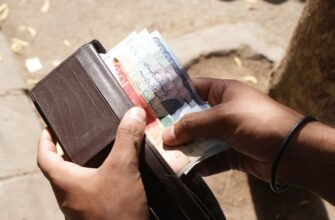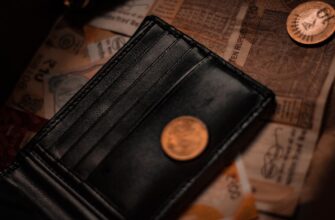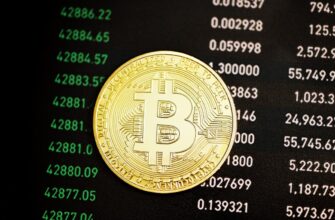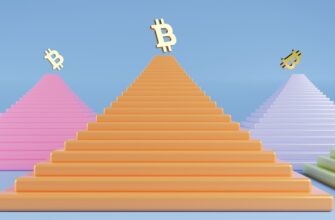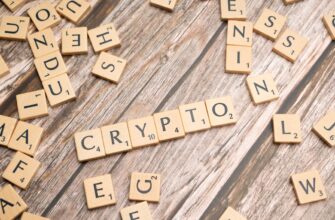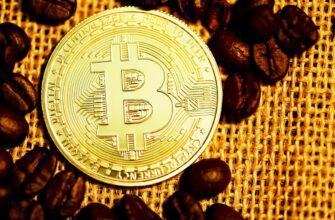- Where Can I Safely Buy Bitcoin? Top Exchanges & Security Guide 2023
- Critical Safety Features for Bitcoin Exchanges
- Top 6 Safest Platforms to Buy Bitcoin
- Step-by-Step: Buying Bitcoin Securely
- Red Flags: Avoiding Bitcoin Scams
- FAQ: Safely Buying Bitcoin
- 1. Can I buy Bitcoin completely anonymously?
- 2. Should I store Bitcoin on exchanges long-term?
- 3. How do I verify an exchange’s security claims?
- 4. Are peer-to-peer (P2P) platforms safe?
- 5. What if an exchange gets hacked?
- 6. How do taxes work when buying Bitcoin?
Where Can I Safely Buy Bitcoin? Top Exchanges & Security Guide 2023
With Bitcoin’s growing mainstream adoption, finding safe platforms to purchase cryptocurrency is crucial. This comprehensive guide reveals trusted exchanges, essential security practices, and step-by-step instructions to help you buy Bitcoin securely while avoiding scams and pitfalls. Whether you’re a first-time buyer or seasoned investor, learn how to navigate the crypto landscape with confidence.
Critical Safety Features for Bitcoin Exchanges
Before selecting a platform, verify these non-negotiable security elements:
- Regulatory Compliance: Platforms registered with FINRA, FCA, or equivalent authorities adhere to strict financial standards.
- Cold Storage: At least 95% of user funds should be held in offline, hacker-resistant wallets.
- Two-Factor Authentication (2FA): Mandatory login protection via authenticator apps or hardware keys.
- Proof of Reserves: Regular third-party audits verifying platform solvency.
- Insurance Coverage: Protection against theft or platform failure (e.g., Coinbase’s $255M insurance policy).
Top 6 Safest Platforms to Buy Bitcoin
Based on security audits, user reviews, and regulatory standing:
- Coinbase (Best for Beginners): NYDFS-regulated, SOC 2 certified, and publicly traded on NASDAQ. Offers FDIC-insured USD wallets and educational rewards.
- Kraken (Advanced Security): Proof-of-reserves leader with military-grade encryption and 24/7 surveillance. Ideal for high-volume traders.
- Gemini (Institutional-Grade): Co-founded by Winklevoss twins. SOC 1 & 2 certified with $200M insurance coverage on hot wallets.
- Bitstamp (EU Focus): PCI-DSS compliant since 2011. Features biometric logins and 98% cold storage allocation.
- SwissBorg (Community-Centric): Swiss-regulated with multi-sig wallets and cybersecurity partnerships with Chainalysis.
- Binance (Global Access): Despite regulatory scrutiny, offers robust SAFU fund ($1B asset reserve) and hardware security keys.
Step-by-Step: Buying Bitcoin Securely
- Verify Platform Credentials: Check registrations with FinCEN (US) or FCA (UK) via official databases.
- Enable Security Features: Activate 2FA and whitelisting before depositing funds.
- Start Small: Conduct test transactions under $100 to verify withdrawal processes.
- Use Secure Payment Methods: Bank transfers > credit cards due to lower fraud risk and reversible chargebacks.
- Withdraw Immediately: Transfer coins to your private hardware wallet (Ledger/Trezor) post-purchase.
- Monitor Suspicious Activity: Set up transaction alerts and regularly review login history.
Red Flags: Avoiding Bitcoin Scams
- Platforms promising “guaranteed returns” or unrealistic bonuses
- Missing physical addresses or anonymous founding teams
- Pressure to use irreversible payment methods like gift cards
- Unencrypted websites (lack of HTTPS padlock icon)
- Social media giveaways requiring upfront Bitcoin deposits
FAQ: Safely Buying Bitcoin
1. Can I buy Bitcoin completely anonymously?
No. Reputable exchanges require KYC verification to comply with anti-money laundering laws. For enhanced privacy, use non-custodial DEXs like Bisq with Tor browsers, but expect higher fees and complexity.
2. Should I store Bitcoin on exchanges long-term?
Absolutely not. Even insured exchanges risk insolvency or hacking. Transfer coins to hardware wallets immediately after purchase. The adage “Not your keys, not your crypto” remains fundamental.
3. How do I verify an exchange’s security claims?
Cross-check through:
– Audit reports from firms like Armanino
– Regulatory databases (SEC EDGAR, FCA Register)
– User reviews on Trustpilot and Reddit (r/CryptoCurrency)
– Independent security ratings from CER.live
4. Are peer-to-peer (P2P) platforms safe?
Platforms like LocalBitcoins offer escrow protection but require due diligence. Only trade with verified partners having 95%+ positive ratings, avoid public Wi-Fi during transactions, and never release funds before blockchain confirmation.
5. What if an exchange gets hacked?
Reputable platforms with insurance (e.g., Gemini, Coinbase) reimburse users. If using uninsured exchanges, recovery is unlikely. Always prioritize platforms with transparent insurance policies and proof of reserves.
6. How do taxes work when buying Bitcoin?
In most countries, buying Bitcoin isn’t taxable, but selling or trading triggers capital gains. Use platforms with integrated tax reporting (Coinbase, Kraken) and consult local regulations. Tools like Koinly sync with exchanges for automated tax calculations.
Final Tip: Bookmark this guide and revisit it before transactions. The crypto landscape evolves rapidly—staying informed is your strongest security layer. For ongoing updates, subscribe to cybersecurity newsletters like The Block or CoinDesk Security.

